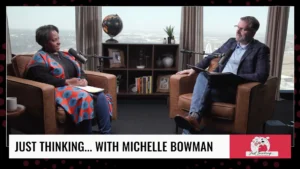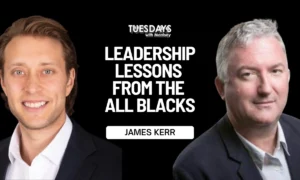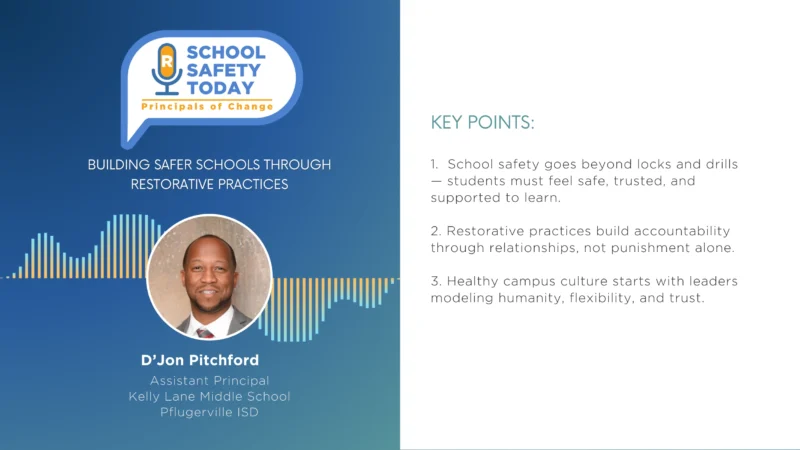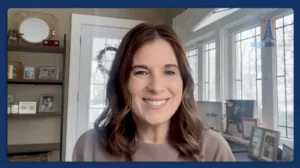Becoming a Better Ally: Ensuring Diversity, Equity, and Inclusion in the Digital Space
The world of business-to-business interactions has been entirely upended in the world of Covid. Face to face connections are often not possible or even desired and it can be quite easy to fall into the trap of thinking that the bulk of our interactions can be done on Zoom or Teams or via email or social media. But how do you build community, inclusion, and identity in such a digital, disrupted world?
In this two-part episode of DisruptED, host Ron J. Stefanski talks to fellow bow-
tie wearer and the Founder/CEO of Better Growth, Layton Chaney, about DEI,
the importance of community, and identity within that community.
Chaney, who recently changed their name to Layton from Leah, identifies as
non-binary and whose pronouns are they/them, said, “I grew up with the bipartisan
belief that both Republicans and Democrats and Green party and everyone else was
responsible for being good humans at the end of the day.”
Stefanski and Chaney discuss inclusion…
● How to embrace your identity and without needing to adhere to societal
spectrums
● How the digital environment needs to adapt to societal, business interactions to
build better face to face connections
● Why representation matters, especially in building relationships to inspire change
and confidence in the workforce
“…what I realized as I got older was that my difference was my superpower…what I
tried to hide from others and what I, you know, was shamed on by myself and by some
of society growing up, was what made me…more powerful,” said Chaney.
Chaney holds over 18 years of experience in Client Success throughout their
career. Prior to founding Better Growth, Chaney worked as the Dean of CCO School
and LGBTQ+ Channel Moderator for Revenue Collective.
How Do we Make Better Human Connections?
In the second part of the two-part DisruptED episode, host Ron, J. Stefanski welcomes back Layton Chaney, the founder and CEO of Better Growth.
Chaney said that they believe in the importance of inclusion and that a lot of the work is internal. They said people who want to learn how to incorporate DEI in their lives need to also direct their focus on being active allies. According to DiversityInc. Best Practices, allyship is increasingly becoming an important quality in many work environments.
“What the digital world offers us is the chance to educate ourselves, and I think something
that needs to really be understood is that despite your intentions, you can have the best
intentions in the world … but it is up to you. Diversity and inclusion is a private journey. It is
up to you to unravel systemic racism, to understand the oppression of the LGBTQ
community, to look into legislation outside of what helps you and then what helps others to
have their space,” said Chaney.
The two further talked about …
● How to go about understanding the issues and concerns of groups that people are
not a part of
● The traits of being a true ally and how to lend support
● Basic steps one can take to improving allyship and Chaney’s own personal work
“It is not something that other people can couch you on. It is not something that should be
publicly debated. It is an individual journey that you should take on your own, and although
I’m a marginalized community member of the LGBTQ space, I still have had tremendous
privilege in my life and I have my own DEI journey to be the advocate I want to be,” said
Chaney.







